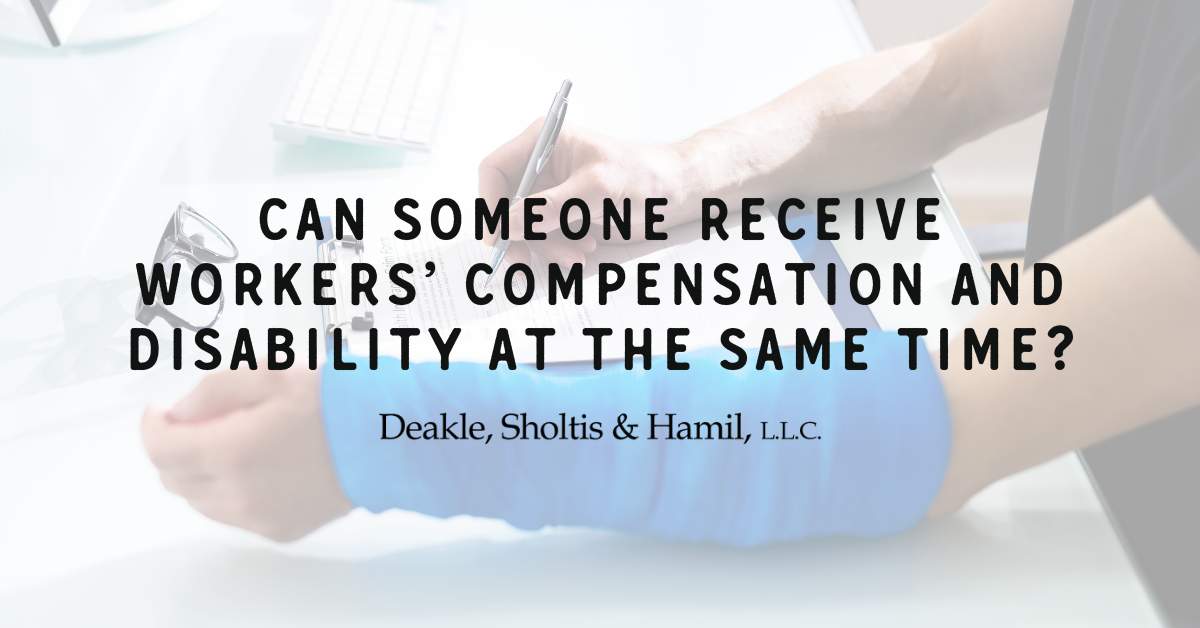If you have been hurt or injured on the job, you may be able to qualify for both workers’ compensation as well as disability benefits. To receive these payments, you will need to qualify for both, which comes with their challenges; and, if you do qualify for both, you must understand that receiving disability benefits may affect the amount you can collect from your workers’ compensation claim.
For a better understanding of these benefits, as well as how they may work together, we should look at the differences between workers’ compensation and disability insurance.
Workers’ Compensation
Workers’ compensation is a type of insurance your employer purchases to cover any worker who gets seriously injured at work. In most states, employers are required to purchase workers’ compensation insurance if they employ three or more regular employees. Once the insurance is purchased, it covers all full-time employees from their first day at work if they get hurt on the job. Workers’ compensation claims may be filed to cover an employee’s medical costs and to supplement income if they are unable to work for a period of time. You must be injured at work to receive this compensation, and, in some instances, employee’s received worker’s compensation after being injured as they were traveling for work.
Social Security Disability
Social Security Disability (SSD) is a federal program provided by the Social Security Administration (SSA). The SSD is founded to provide for you if are or have become disabled and prevents you from working. However, this disability does not have to result from work-related accidents or injuries. Those who wish to qualify for SSD must have earned credit credits for the past 10 years, paid into SSD with their previous employment, have a condition recognized by the SSD as disabling or have been unable to work for at least a year.
How to Collect Both of These Benefits
Since workers’ compensation and SSD are separate entities, you are allowed to receive both. Workers’ compensation is usually a helpful supplemental income for employees who become disabled and are waiting to qualify for SSD benefits. However, the income you collect from workers’ compensation and disability benefits may not equal over 80% of your previous salary. Otherwise, your disability benefits could potentially be cut. Workers’ compensation is usually provided for a more temporary period than SSD; so, if you lose your workers’ compensation benefits while you are on SSD, you will need to let the SSA know.
If you wish to find out more about collecting both Social Security Disability Benefits and workers’ compensation, we recommend contacting a lawyer with experience dealing with both SSD and workers’ compensation claims. At Deakle, Sholtis & Hamil, we will help you file your case, and gather evidence that supports your case and represents your interests at all times. Talking with our lawyers comes with zero risks and no obligations because our goal is to help you succeed and win your case. Contact us today to find out more information concerning our services and how we can help you win the money you deserve.

